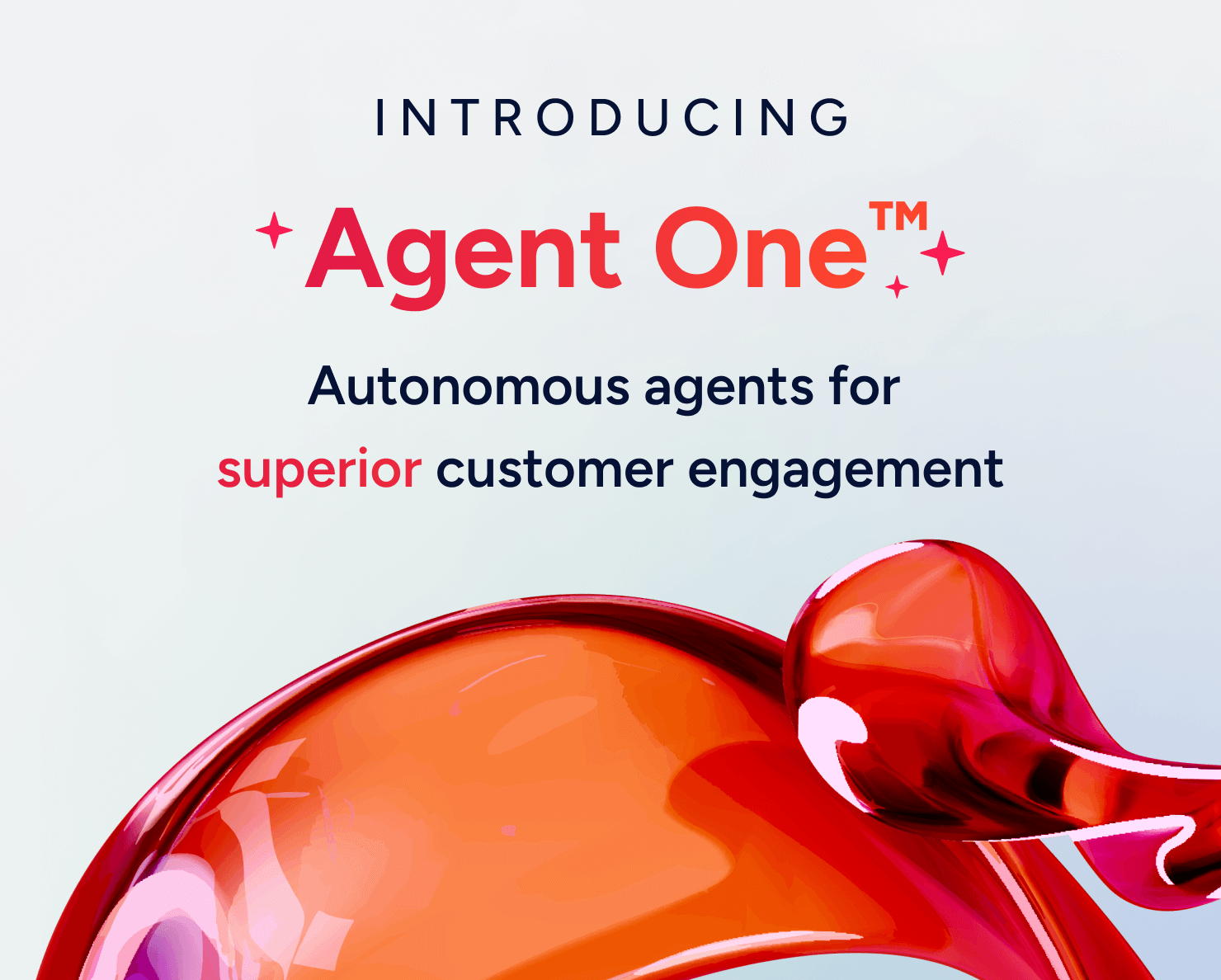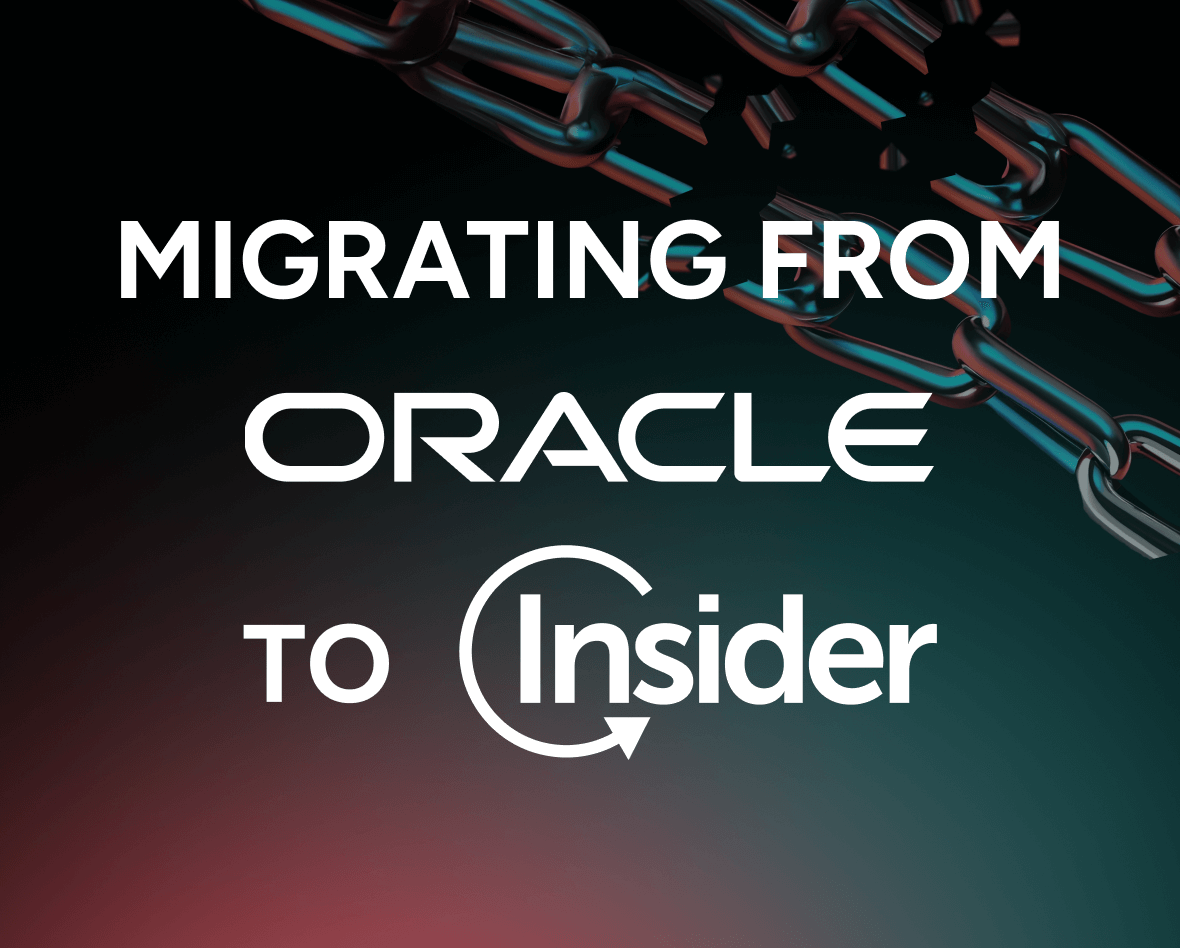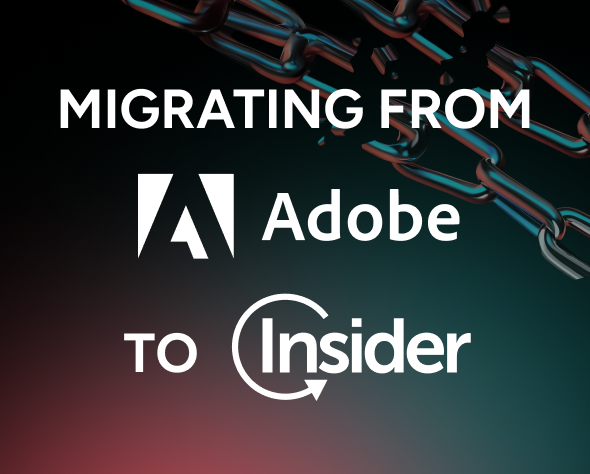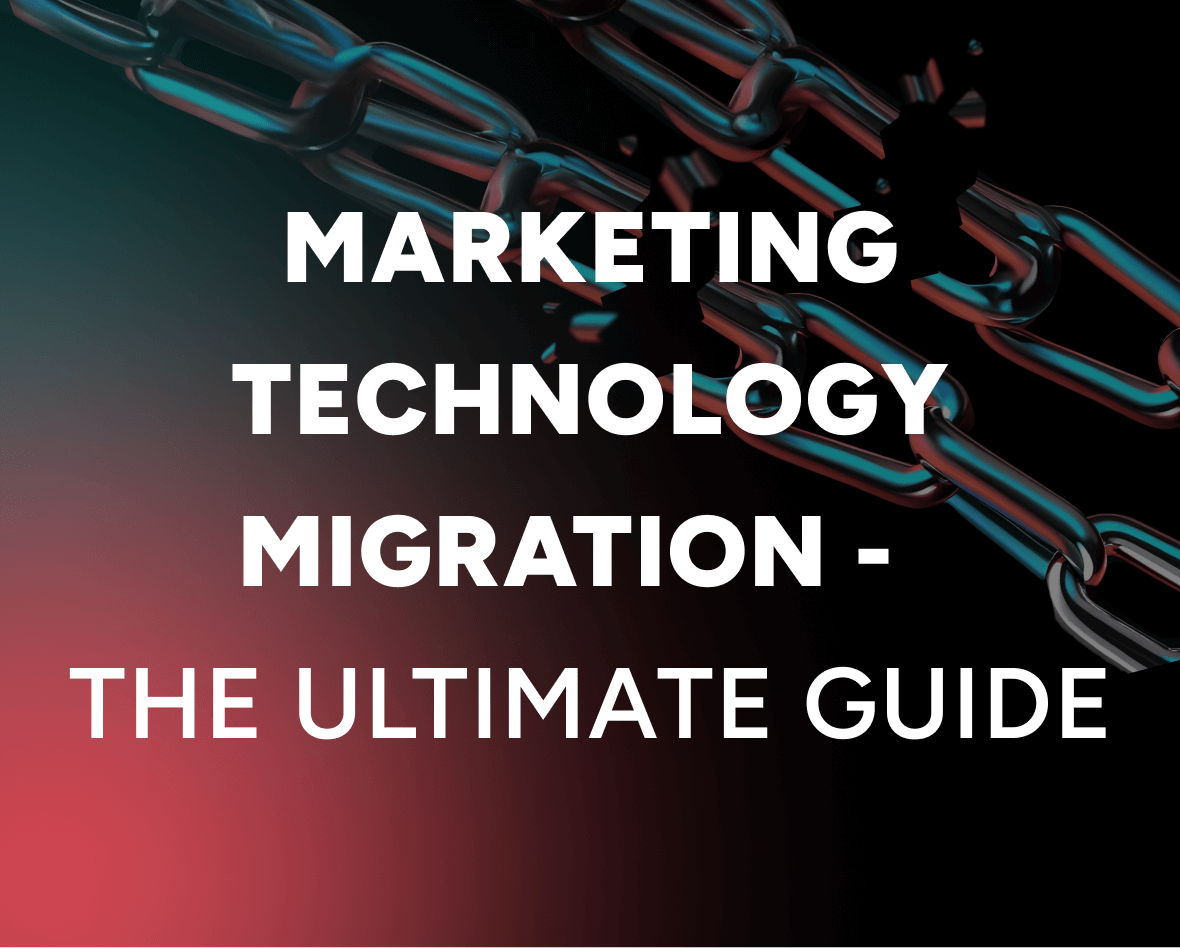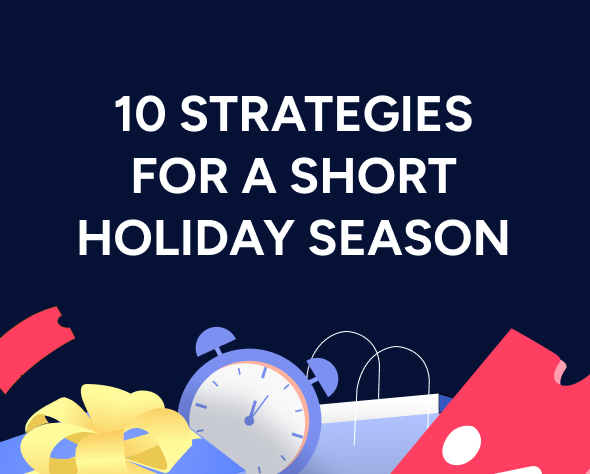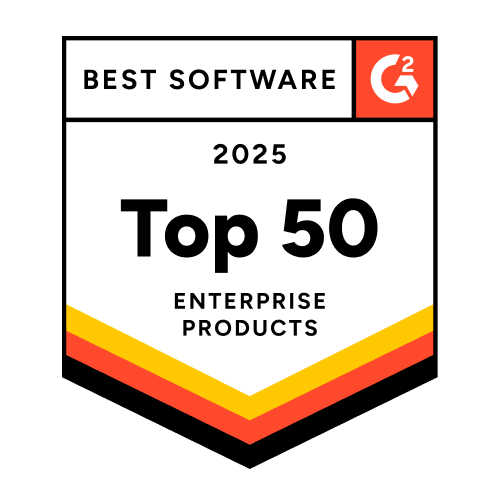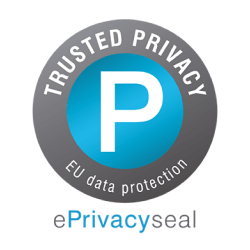The guide to ecommerce email marketing: Best practices and strategies
For ecommerce marketers, email is non-negotiable. Marketers generate an average of $42 in sales for each $1 spent sending emails.
However, competition has never been fiercer, and with customer acquisition costs (CAC) increasing by over 222% in the past eight years, marketers need to find new ways to acquire and retain customer interest.
Updated on 4 Jul 2025
If you want to reduce that CAC, it’s time to incorporate recent trends and best practices to leverage your ecommerce email marketing efforts. Leading European retailer, NA-KD, increased CLTV by 25% by simply incorporating personalized email marketing into it omnichannel customer journeys.
Read on to discover the importance of ecommerce email marketing, the 2025 trends and best practices, and the leading ecommerce email marketing software options for 2025.
What is ecommerce email marketing?
Ecommerce email marketing is a targeted digital communication strategy where retailers send emails to potential and existing customers to promote their products or services, build brand awareness, and drive sales.
It involves crafting personalized messages based on customer behavior, preferences, and purchase history to enhance engagement and foster customer loyalty. By leveraging email as part of an omnichannel marketing strategy, businesses can deliver timely promotions, product updates, and relevant content to their audience’s inbox, influencing purchasing decisions and maximizing revenue.
What’s trending in ecommerce marketing for 2025?
As we enter 2025, keeping your prospects and customers informed and engaged has never been more important (or difficult). Keep up with the following trends and expectations to increase conversions and turn your prospects into long-term brand advocates in 2025.
Refine experiences with predictive analytics and AI integrations
Marketers need to use predictive analytics and AI to inform and refine their email strategies.
AI-powered solutions analyze data to predict customer behavior and preferences, enabling hyper-personalized content and product recommendations. By deeply personalizing your emails with relevant content, marketers are more likely to enhance engagement and boost conversions as customers feel seen and valued.
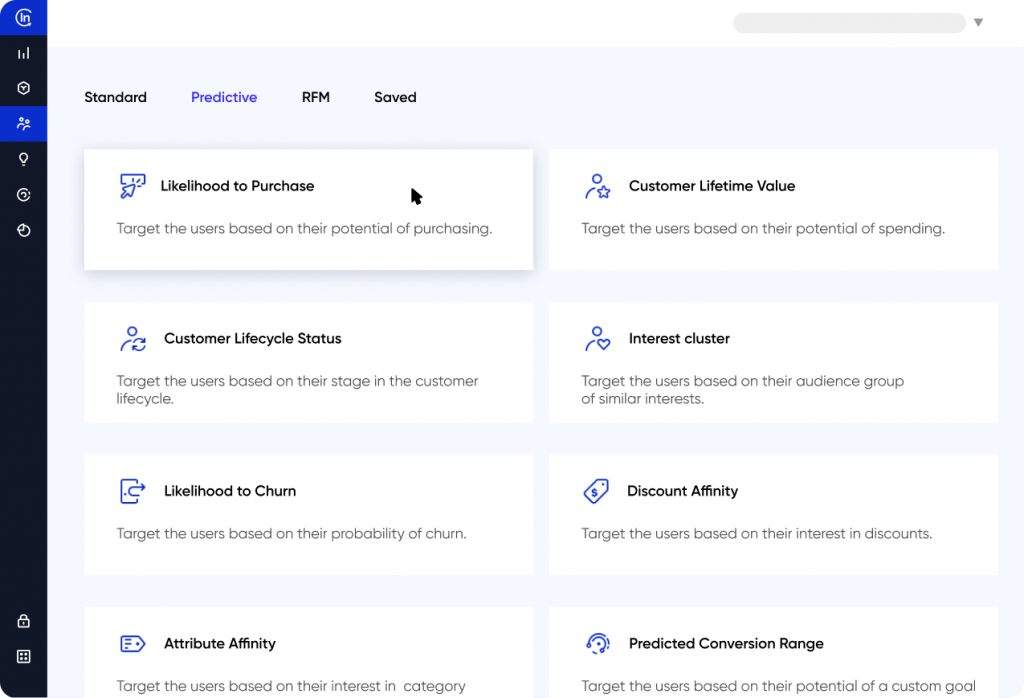
Reduce clicks to action with interactive email content
In 2025, there’s no need for mundane, text-heavy, static emails. Customers want interactive email content that enables them to engage with elements within the email.
Embed forms, countdowns, surveys, and ecommerce elements directly into your emails to deliver a seamless user journey without the need for users to visit external websites
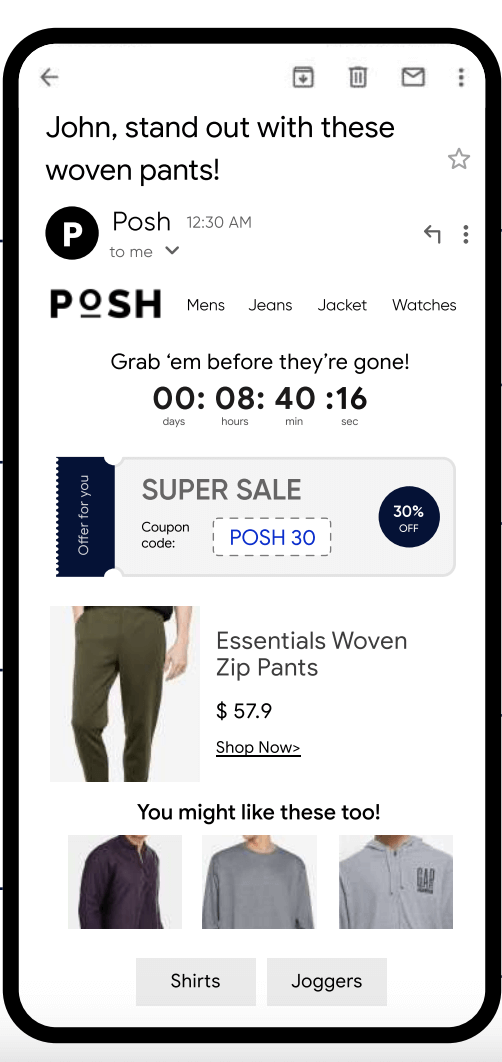
Boost credibility with social proof and user-generated content
People want to hear from people. You can tell customers repeatedly that you offer the best quality products in the market, and they still won’t believe you. Instead, you need proof from other customers just like them.
Adding one review, testimonial, or five-star rating to your email content can transform conversions.
“Our goal was to drive conversions and purchases. We saw a 20% increase in conversions in just one month. We also loved that Insider’s Social Proof campaigns are customizable, enabling us to personalize our brand requirements.”
- Ecommerce Manager at Hunkemöller
Incorporate email into an omnichannel journey
Email is a powerful channel, but there’s no underestimating the impact of multiple touchpoints. The power lies in creating a seamless customer experience across various channels, strengthening brand consistency and customer engagement.
By building a cross-channel strategy and incorporating email with channels like social media, SMS, and App, marketers have more opportunities to build brand familiarity, enhance customer interactions, boost loyalty, and drive conversions.
Check out our Email marketing product tours
Ecommerce email marketing best practices for 2025
To effectively connect with your audience, generate revenue, and achieve ROI through ecommerce email marketing in 2025, you need to embrace the following strategies:
- Hyper-personalize your campaigns
- Discover individual preferences: Your email marketing software should be able to analyze behavioral patterns and purchase history to inform your content and recommendations.
- Customize content delivery: You need to use dynamic content blocks and adaptive messaging for a personalized user experience that stands out in your customers’ inbox.
- Offer personalized product recommendations: Use advanced algorithms for intelligent cross-selling, up-selling, and personalized product suggestions based on behaviors, wishlists, and predictive analytics.
- Leverage behavior-triggered campaigns: Extend beyond standard abandoned cart emails with personalized recommendations and acknowledgment of customer milestones.
- Implement audience segmentation: Divide your subscriber base into distinct groups based on demographics, behaviors, or preferences to deliver targeted and relevant content to specific segments.
When Slazenger launched a personalized ecommerce email marketing strategy to engage customers, the global sports retailer saw a 49X ROI, and recovered 40% of revenue in just eight weeks.
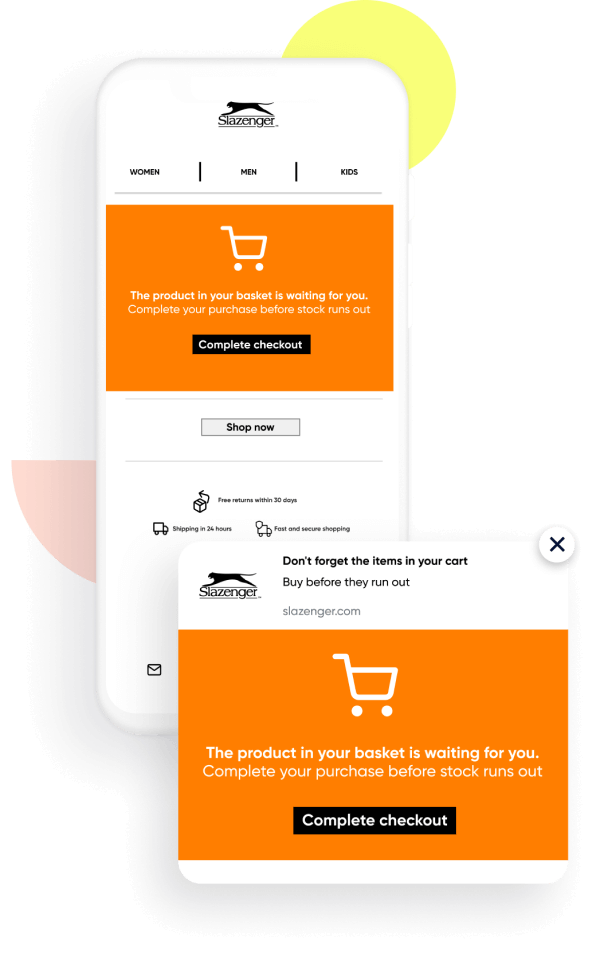
- Leverage AI to optimize your send time and improve engagement
Timing is crucial in any marketing campaign. There’s no point in sending communications at 2AM when customers aren’t awake to receive your content.
The first step is segmenting your list based on customer behavior and time zones. Use workflows and attributes to trigger emails, and consider the timing of your campaigns with holidays and special events for maximum impact. Leverage solutions such as Insider’s Send Time Optimization, which uses data-driven insights to determine the most optimal times to send your emails, increasing the likelihood of them being opened and read by your recipients.
- Offer a consistent experience
Consistency is critical to building brand trust and improving the personalized customer experience.
Maintain the same tone of voice in your emails, including logos and colors. When searching for an ecommerce email platform, look out for customizable templates to alleviate manual customizable effort while ensuring alignment throughout your campaigns.
- Monitor, analyze, and refine campaigns
Continuous improvement is vital if you want to long-term success. Regularly monitor email performance metrics like open rates, click-through rates, and conversion rates with your analytics tools.
You should also test multiple variations with A/B/n testing, so you can regularly review and adapt your emails based on their success. Comprehensive email marketing software should offer AI-powered A/B testing. This automatically chooses the most effective email variant from your tests, ensuring your campaigns are automatically optimized for the best results.
Learn more about email marketing best practices.
How do I choose the best ecommerce email marketing software?
Consider the following capabilities when on the lookout for your ecommerce email marketing software:
- Personalization capabilities: Your software should have robust personalization features. Ecommerce marketers need the ability to segment their email lists based on customer behaviors, demographics, and preferences.
- Automation and workflows: Ecommerce marketing automation is essential to increase your workflow efficiency. Choose a platform that enables drip campaigns triggered by real-time customer actions and attributes, increasing relevancy and timeliness without manual effort.
- Omnichannel customer journeys: Email is great, but it’s not enough by itself. Ensure your ecommerce email marketing software seamlessly integrates with other marketing channels for a cohesive customer journey across other touchpoints, like SMS, Web, and App.
- AI capabilities: Use AI and machine learning to cut down campaign launch times and generate compelling subject lines and email content that resonates with your audience. AI-powered features should also automate A/B testing and optimize send times so you can reach your customers with minimal manual effort.
- Reporting and analytics: Effective decisions depend on data. Your software should provide comprehensive reporting and analytics, including open rates, click-through rates, conversion rates, revenue attribution, and customer lifetime value. Actionable insights are essential for optimizing and refining ecommerce email campaigns in the long run.
- Scalability and integration: Consider your current and future needs. Choose a software that can scale with your ecommerce business as it grows. To help discover what works, ensuring compatibility with your existing tech stack is a great sign that your software will be able to integrate with any future platforms.
Explore our interactive platform tour by your role, industry, channel, or goal without any hassle!
Discover the best ecommerce email marketing software for 2025
Insider
Insider has the most extensive email capabilities on the market. The omnichannel marketing platform offers deep segmentation, AI-powered predictive capabilities, and 120+ behavioral attributes to maximize personalization and enhance ecommerce email marketing efforts.
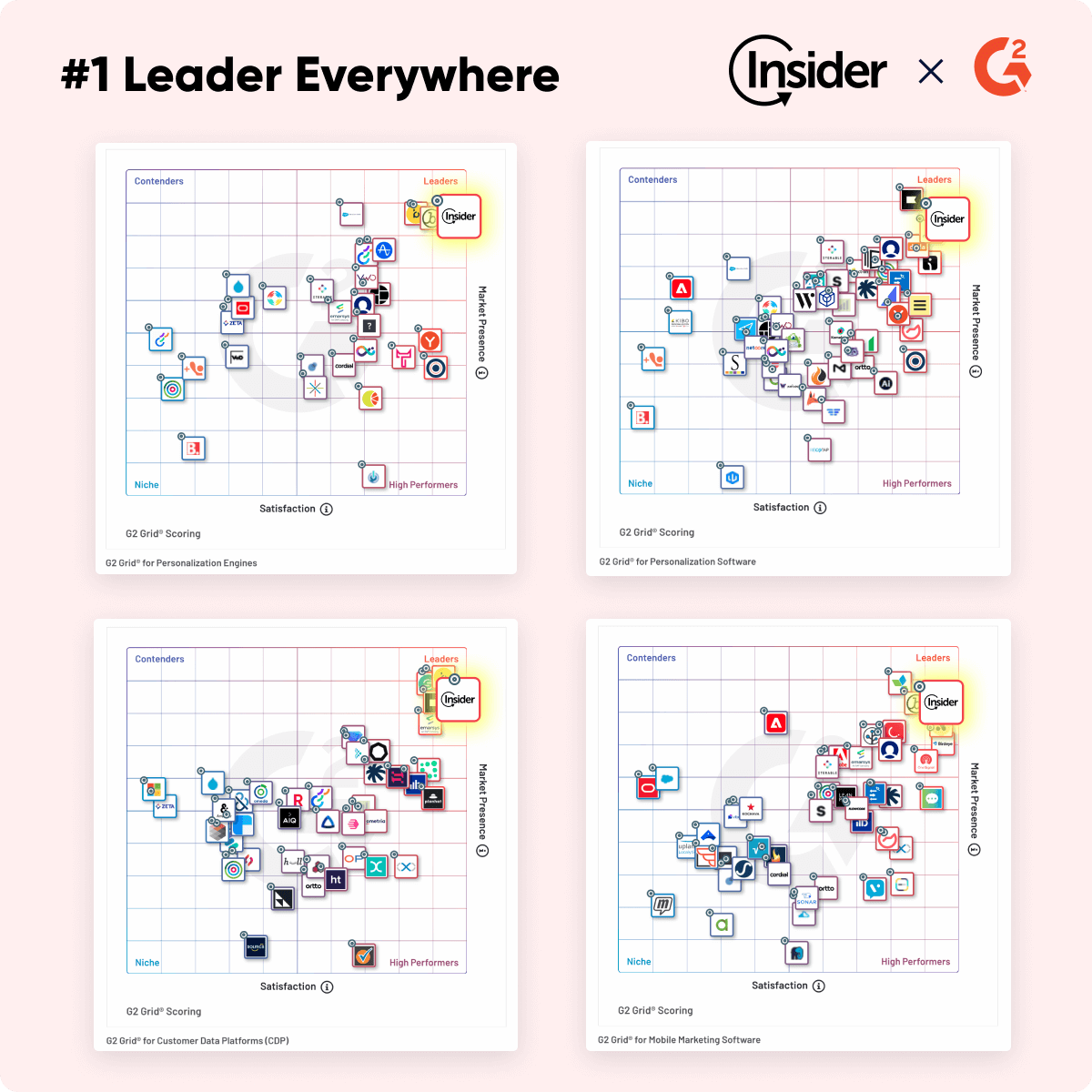
⭐⭐⭐⭐⭐
“The email channel allowed us to keep both existing and churned users updated about real-time offers, discounts, products back in stock, and more, ultimately bringing them back to our website and resulting in increased sales.”
- Digital Marketing Executive on G2
Insider empowers marketers to:
- Integrate email seamlessly with omnichannel journeys: Craft a cohesive story from email and SMS marketing software to Web and App. Create tailored content and recommendations, placing email at the center of your omnichannel marketing strategy.
- Power your campaigns with AI: Reduce manual effort and alleviate time and resources with Insider’s AI solutions. Automatically select A/B/n test winners based on the most effective subject lines and email contents; use world-leading generative AI solution, Sirius AI™ to create relevant subject lines and email contents in seconds; and optimize send times with Insider’s Send Time Optimization, which leverages data-driven insights to determine the most optimal times to send your emails.
- Hyper-personalize with 120+ micro-segments: Every customer is unique, and Insider’s micro-segments enable you to tap into this with deep segmentation and personalization. Build customized email campaigns based on user engagement, attributes, events, and predictive behavior for maximum impact.
- Save time with customizable, pre-built templates: Insider offers pre-built templates for ecommerce journeys tailored to your business goals and objectives. Templates make it 3X faster time to launch campaigns and see results, thanks to intuitive, user-friendly designs and rapid implementation.
Klaviyo
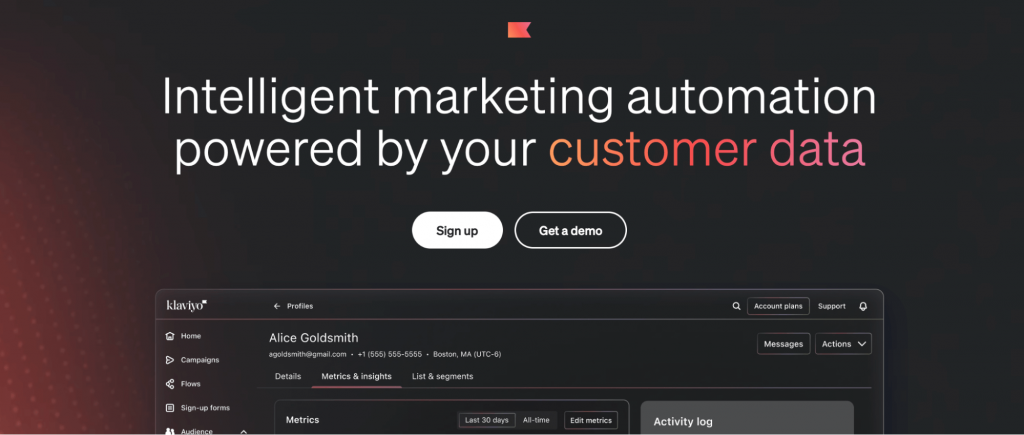
Klaviyo is an email marketing platform suitable for small and mid-sized businesses. It offers various personalization and automation capabilities. However, the text editor in the email has limitations in usability, and some create inconsistencies in the email flow. It also limits the number of emails you can send in one email based on the account level.
Learn: 11 Best Klaviyo Competitors & Alternatives
Braze
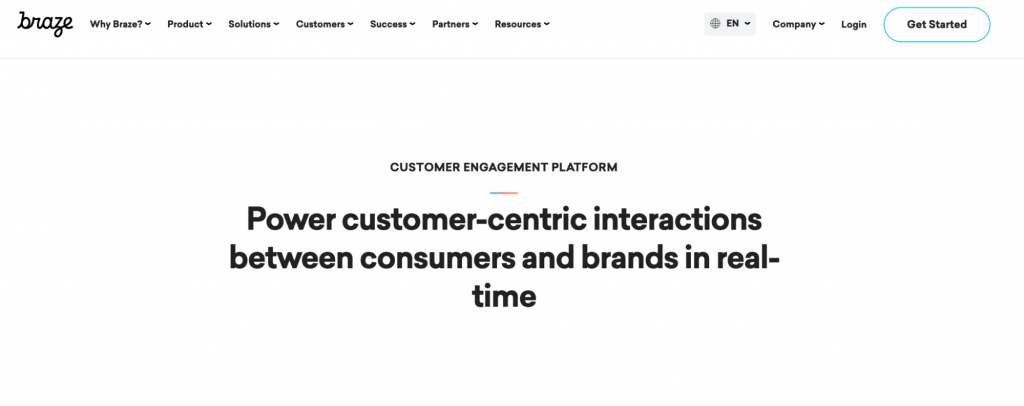
Braze is a comprehensive customer engagement platform that includes email marketing. It’s known for its omnichannel approach, allowing businesses to create consistent messaging and experiences across channels. The platform doesn’t allow you to optimize pre-existing campaigns or update journeys that aren’t performing well.
Learn: 11 Best Klaviyo Competitors & Alternatives
Emarsys
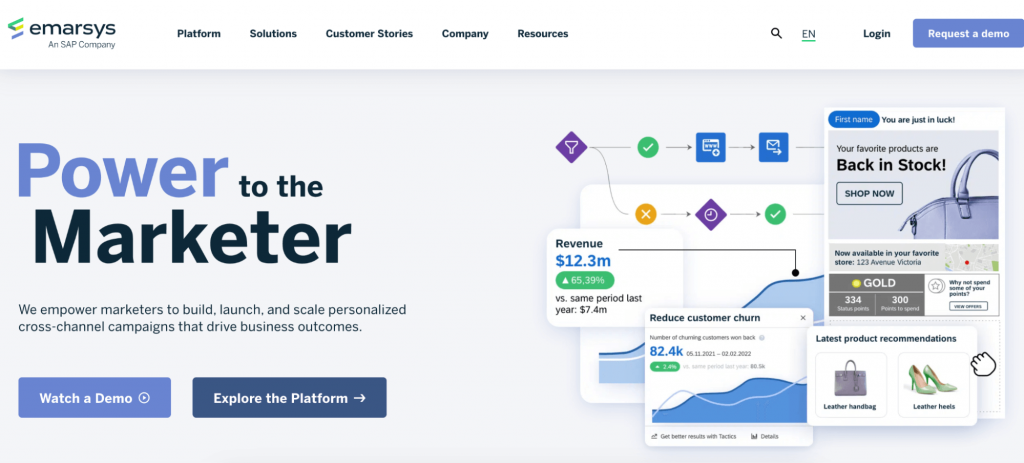
Emarsys empowers digital marketing leaders with an omnichannel customer engagement platform for businesses. It’s a great option for companies that want solid engagement via email. The platform lacks onsite personalization in its journey orchestration, which could lead to inconsistent experience across onsite and other channels, including email.
Learn: 9 Best Emarsys Competitors and Alternatives
Mailchimp
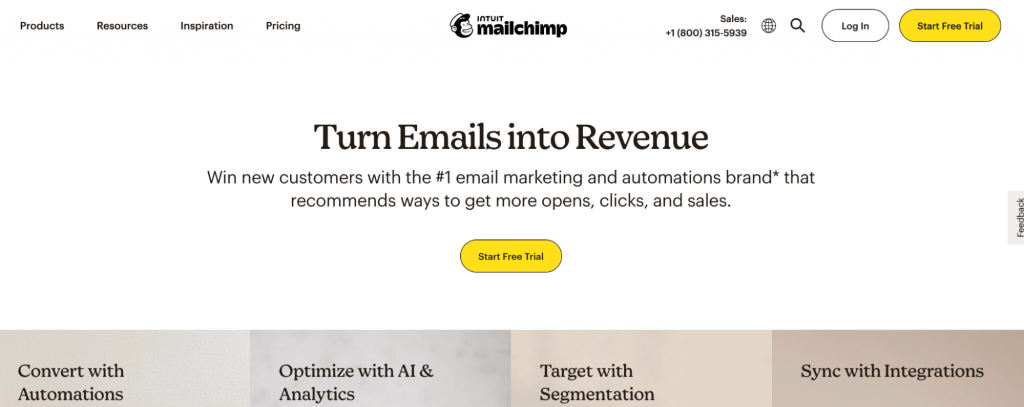
Mailchimp is a well-known email marketing platform with a user-friendly interface and robust features. It provides advanced segmentation options to divide your email list and offers A/B testing—however, it only supports email, which limits marketing opportunities.
Power your ecommerce marketing efforts with the right email marketing software
Generating revenue from ecommerce mail marketing depends on finding the best software for your business. You need to invest in a platform that can enhance email marketing efforts with AI-powered features, hyper-personalization, and actionable data insights.
Book a demo to discover how global brands, including NA-KD, Slazenger, MAC Cosmetics, and more, use Insider’s email marketing platform to reach and engage their audience and drive revenue.
Ecommerce email marketing FAQs
Ecommerce email marketing involves leveraging an email marketing software to build email campaigns, promote products, engage customers, and boost sales for online retailers.
Common emails in ecommerce marketing encompass promotions, transactions, cart abandonment recovery, product recommendations, customer reviews, and newsletters.
Track key metrics like open rates, click-through rates, conversion rates, revenue generated, unsubscribe rates, and email list growth. Tailor metrics to specific goals, such as abandoned cart recovery rates or customer lifetime value.
Effectively use ecommerce email marketing by segmenting your list, personalizing content, optimizing with A/B testing, following email regulations (e.g., GDPR, CAN-SPAM), and consistently analyzing and refining your strategy to maximize engagement and sales.

